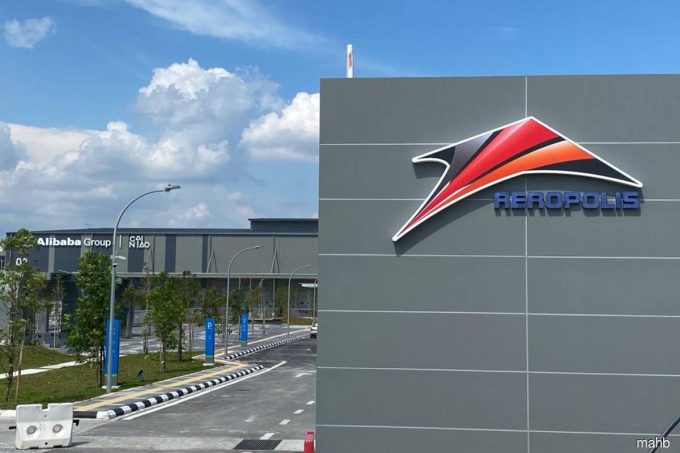U-turn on de minimis ban, following 'processing issues', as trade war heats up
White House-triggered whiplash has hit again with the news that a small but powerful sentence ...

Malaysia hopes to position itself as an air cargo hub in the Asia Pacific, after Chinese e-commerce group Alibaba’s logistics offshoot, Cainiao, opened an air freight centre at Kuala Lumpur International Airport (KLIA).
Cainiao Aeropolis eWTP (electronic World Trade Platform) began operating a year ago, but was officially opened on Monday.
Now, Malaysia Airports Holdings (MAHB) hopes to double air cargo volumes, to 1.3m tonnes, by 2030 with growing e-commerce sales amid the Covid-19 pandemic.
MAHB MD Iskandar Mizal Mahmood said the Cainiao ...
Volcanic disruption at Anchorage could hit transpacific airfreight operations
Macron calls for ‘suspension’ – CMA CGM's $20bn US investment in doubt
De minimis exemption on shipments from China to the US will end in May
Forwarders stay cool as US 'liberation day' tariffs threaten 'global trade war'
Trump tariffs see hundreds of cancelled container bookings a day from Asia
Mixed response in US to 'Liberation Day', while China leads wave of retaliation
Tariffs and de minimis set air freight rates on a volatile course
Overcapacity looms for ocean trades – with more blanked sailings inevitable
East-west rates diverge as transpac spots hold while Asia-Europe keeps falling
Temu and DHL join forces to expand non-US ecommerce sales
Purchase of Panama railway 'a significant opportunity' for ambitious APMT
'To ship or not to ship', the question for US importers amid tariff uncertainty
Survey results: the biggest concerns for forwarders and shippers in 2025
DHL Capital Markets Day – Scharwath steals the show, plays down size concern
'No lookouts on either ship' says MAIB report on box ship-tanker collision

Comment on this article